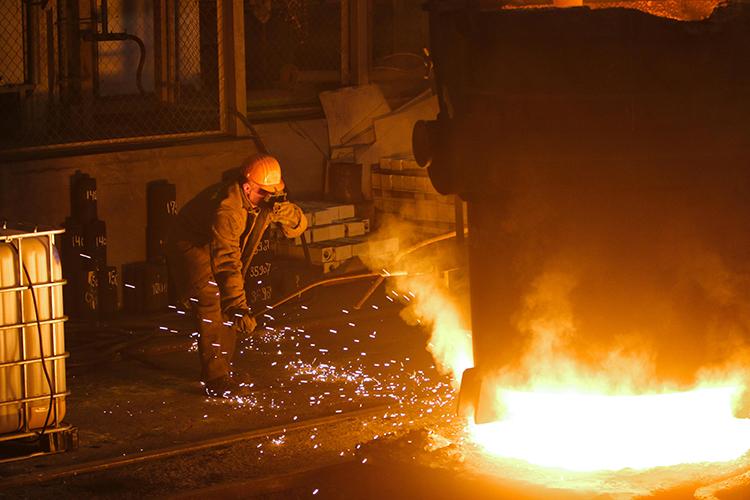Poland’s metals industry faces nearly PLN 420 million in overdue debt
The financial situation of Poland’s metals sector remains difficult, with overdue debt continuing to rise. According to data from BIG InfoMonitor and the BIK database, outstanding credit and non-credit liabilities of metal producers reached almost PLN 420 million at the end of the second quarter of 2025, an increase of 30.4% year-on-year.
Metallurgy and metalworking remain important parts of the Polish economy, yet since 2023 the sector has experienced fluctuating demand for steel and aluminum, falling profitability, and increasing payment delays. Data show that 7.6% of companies in the industry face financial problems, though in some segments the proportion is higher: over 12% among wire, zinc, and lead producers, and as much as 20% in steel casting. According to Keralla Research, 55% of companies reported unpaid invoices from contractors, with a median outstanding value of PLN 200,000 as of June.
Particularly sharp increases in overdue liabilities were observed in the production of aluminum products and alloys (PKD 2442B), where debt grew from around PLN 3 million to PLN 63 million in one year. In the precious and independent metals segment (PKD 244), arrears rose 285.5% year-on-year, reaching nearly PLN 86 million. Casting-related enterprises, mainly in cast iron (PKD 2451Z), also recorded significant growth in arrears, which exceeded PLN 29 million in June.
Despite positive production data from the Central Statistical Office – with metal product output up 11.8% year-on-year in May and metallurgical metals up 10.5% – companies report no lasting improvement. Many cite a lack of new orders, declining margins, and rising costs. Energy prices are identified as the main challenge by 47% of surveyed companies, followed by raw material costs (38%) and trade tensions between the US and China (30%).
Analysts point out that the industry is under pressure from global overproduction, cheaper imports from Asia, and a lack of protective measures from the EU. Structural shifts, such as the energy transition and higher emissions costs under EU climate policy, further weigh on the sector.
“Payment congestion has intensified in recent months, driven by weak sales, declining profitability, and delays in payments from contractors,” said Paweł Szarkowski, President of BIG InfoMonitor. “In this environment, assessing the payment credibility of business partners is becoming essential.”
According to Waldemar Rogowski, Chief Analyst at BIG InfoMonitor, defense spending could provide some stimulus if investments are directed in ways that support domestic producers. “The sector faces mounting uncertainty. Without decisive protective measures and targeted support, Poland’s metal industry will continue to struggle with profitability and liquidity pressures,” he said.









